
I grew up in a family that despised, not only communism, but collectivism, socialism and any “ism” that deprived the individual of his or her natural rights.
As a kid, I listened to the stories of an old Ukrainian fisherman who talked of fighting the Bolsheviks. More times than I can remember, I’ve heard horror stories of those who fled Castro’s Cuba. I ran for office to fight for the individual and against statism of any kind anywhere and yet… I think a policy of isolationism toward Cuba is misplaced and hasn’t worked.
I support engagement, diplomacy, and trade with Cuba, China, Vietnam, and many countries with less than stellar human rights records, because I believe that once enslaved people taste freedom and see the products of capitalism they will become hungry for freedom themselves.
President George W. Bush wrote that “trade creates the habits of freedom,” and trade provides the seeds of freedom that begin “to create the expectations of democracy.” Once trade begins it is hard to hide the amazing products of capitalism. The Soviets used to produce documentaries depicting poverty in America but it backfired when Russian viewers noticed that even in the poorest of circumstances you could still see televisions flickering in the windows. Once trade is enhanced with Cuba, it will be impossible to hide the bounty that freedom provides.
Witness Cuba's Evolution in 39 Photos


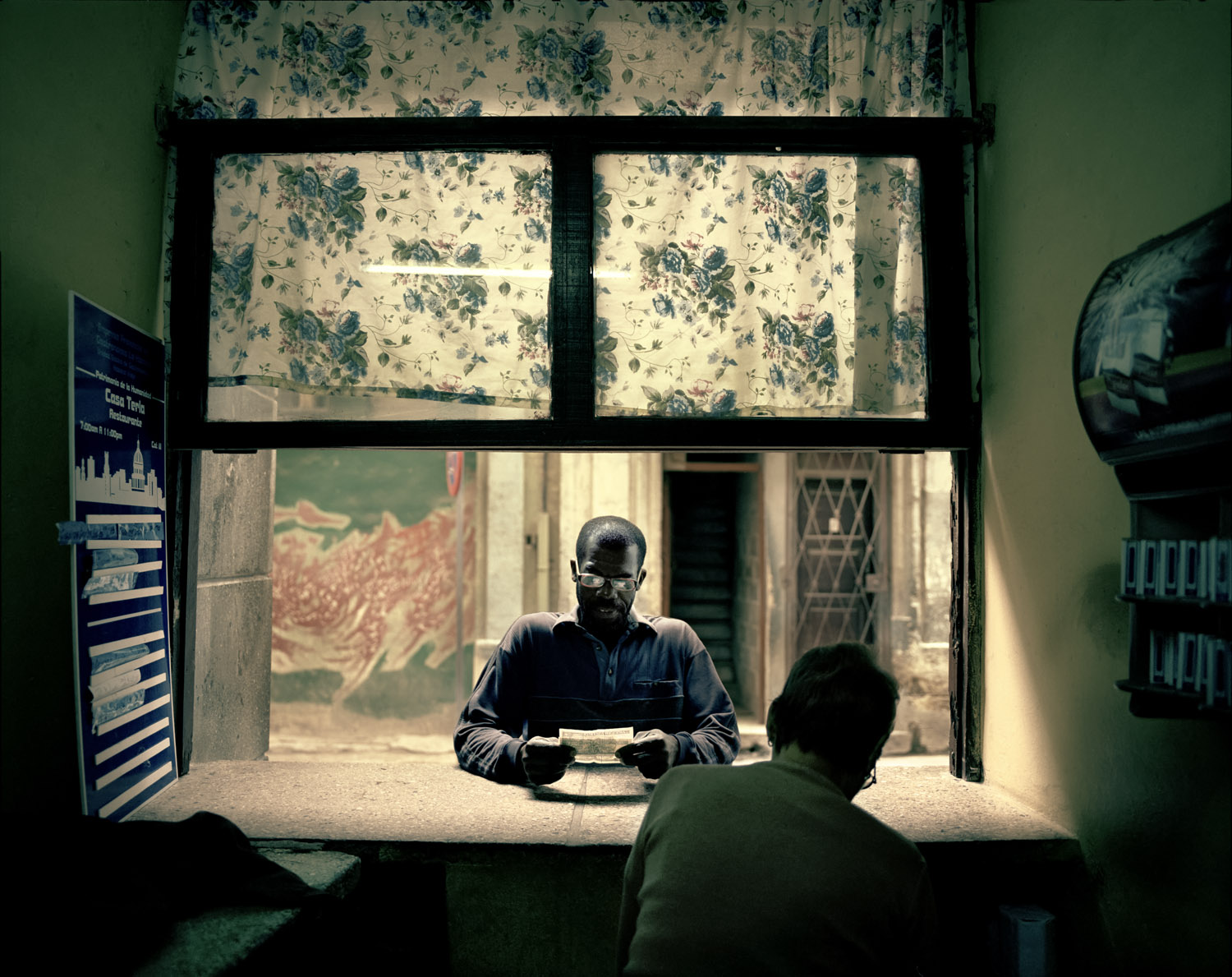


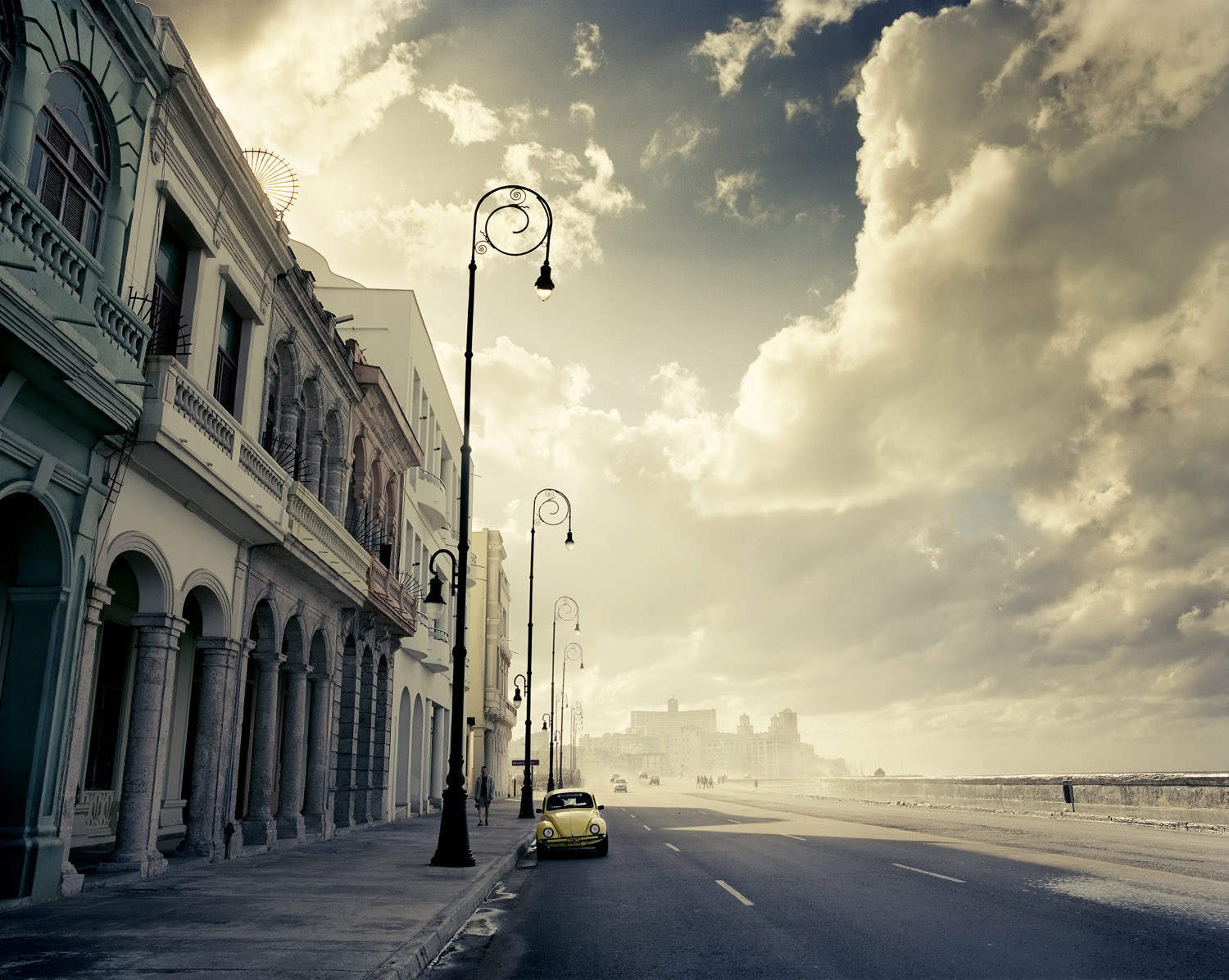







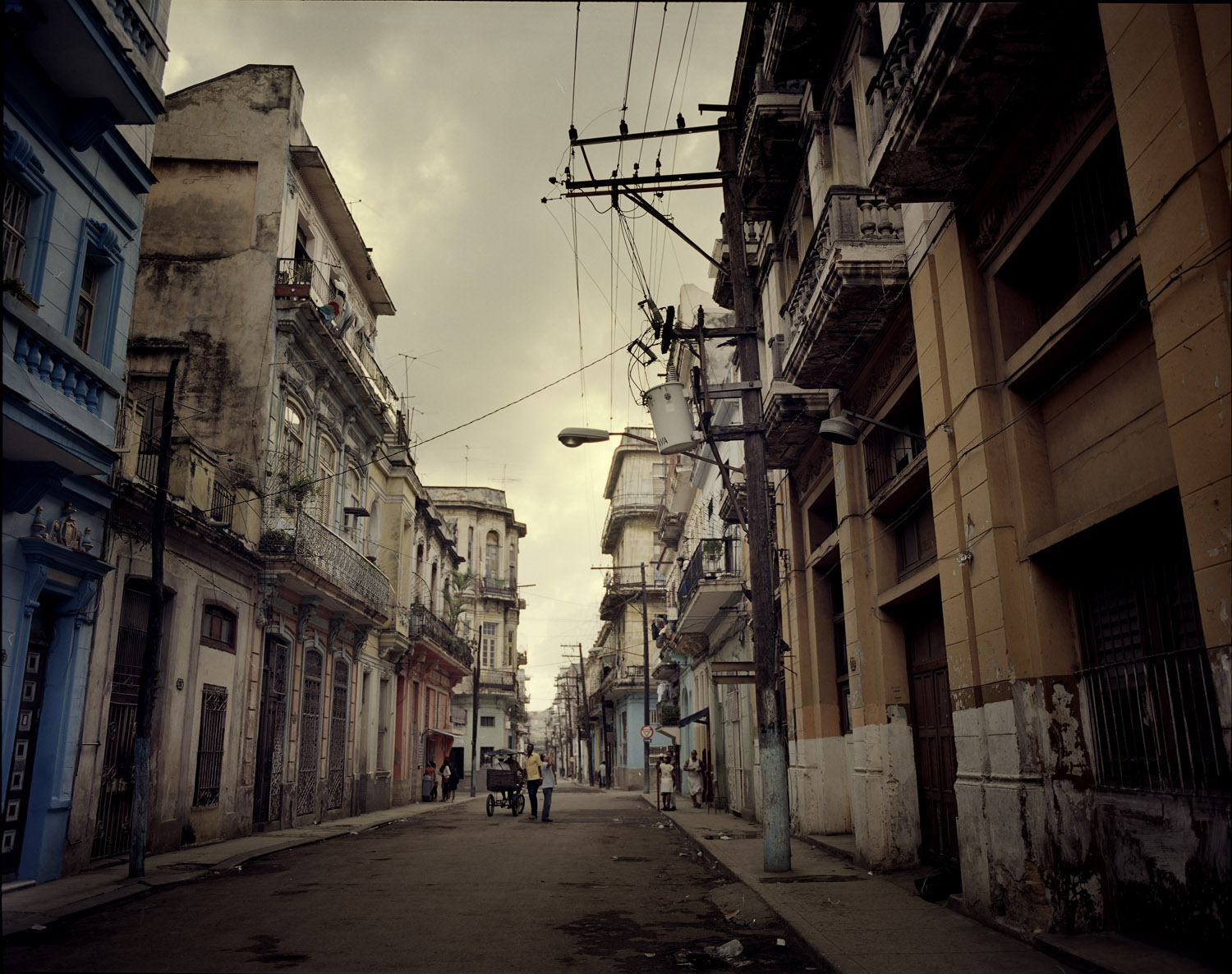



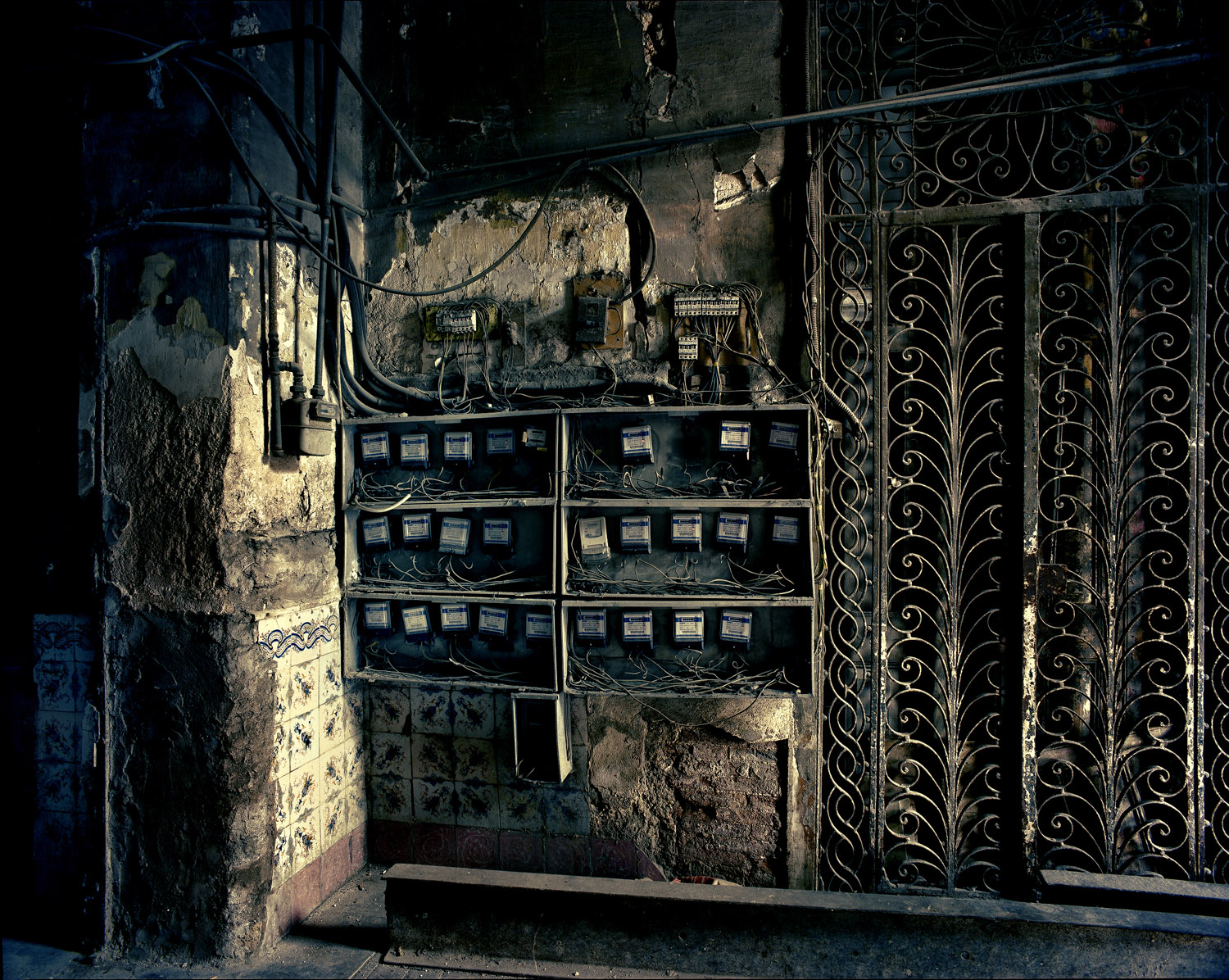






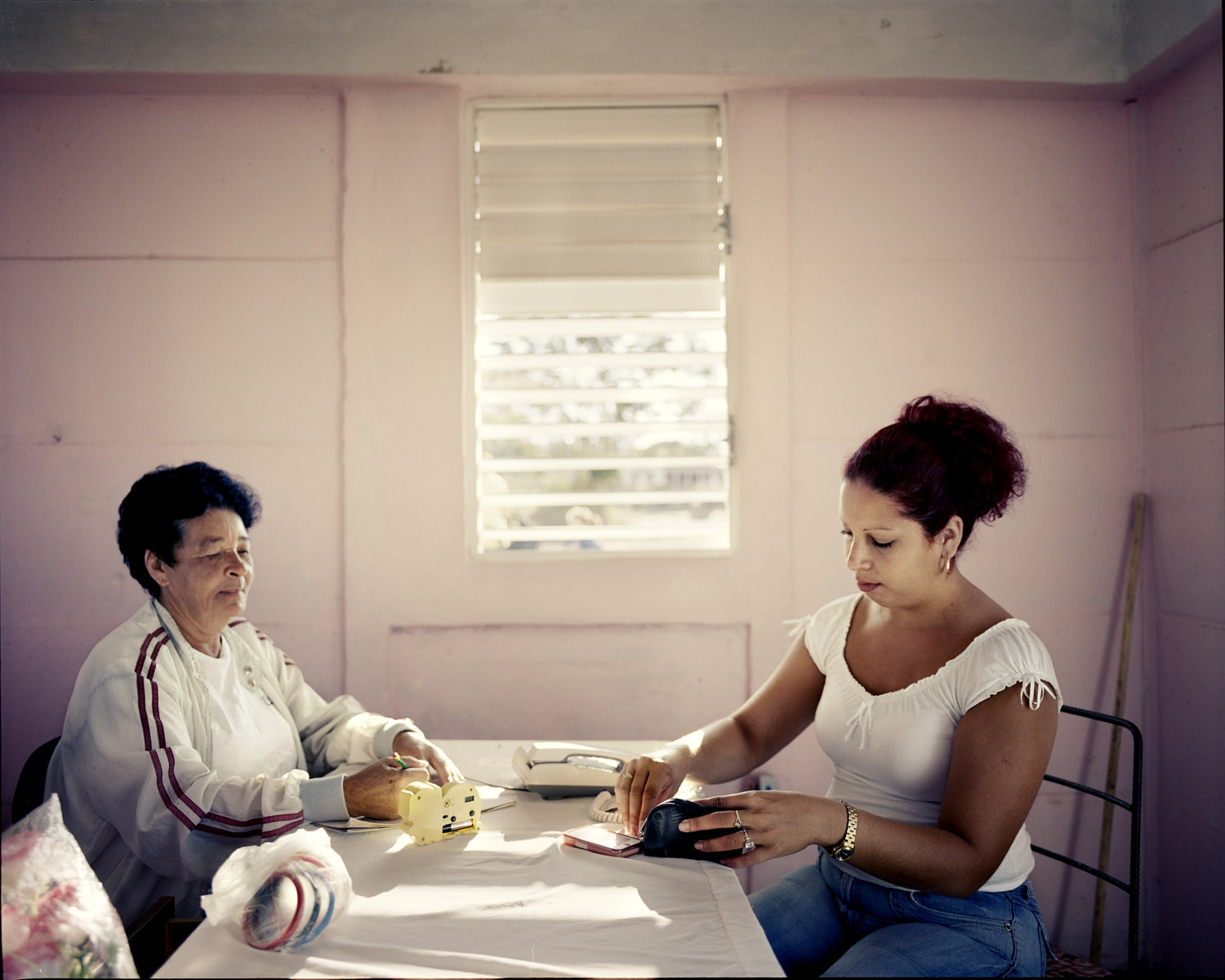



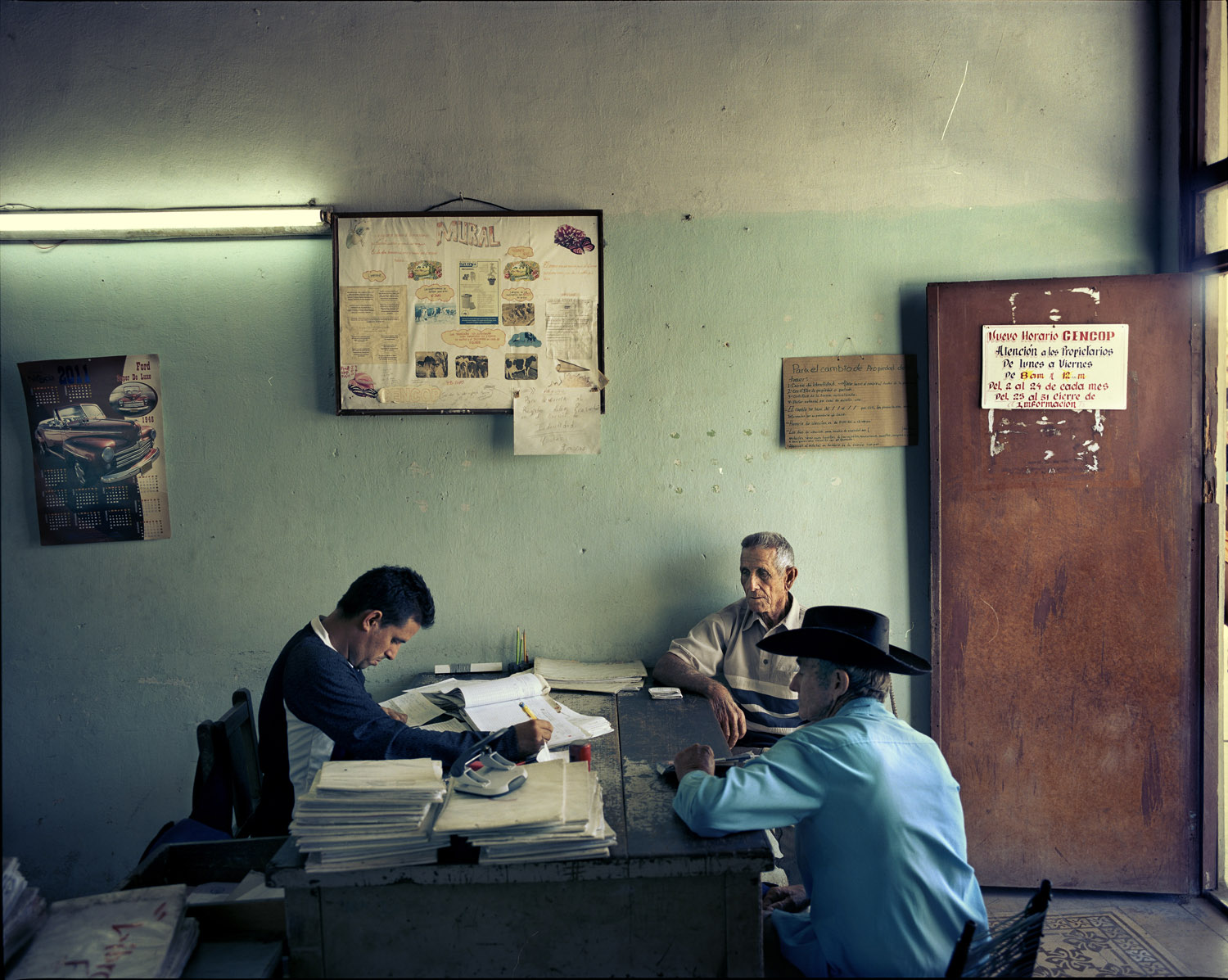










The supporters of the embargo against Cuba speak with heated passion but fall strangely silent when asked how trade with Cuba is so different than trade with Russia or China or Vietnam.
It is an inconsistent and incoherent position to support trade with other communist countries, but not communist Cuba.
Even the supporters of the embargo agree that it has not worked. A policy of isolationism with Cuba and engagement with China and Vietnam does not make any sense. Communism can’t survive the captivating allure of capitalism. Let’s overwhelm the Castro regime with iPhones, iPads, American cars, and American ingenuity.
My family’s opposition to communism was so fierce that when Nixon said the U.S. would trade with Red China our response was heated and passionately opposed. But over time my family and many conservatives came to believe that trade was better than war and more effective. While China’s human rights record leaves much to be desired, our engagement and trade has without question helped to open Chinese society.
Over the years, many conservatives have come to believe that trade with China and Vietnam is the best way to overcome and defeat communism. Trade and relations also make it less likely that we ever go to war with China, because the two countries have become economically intertwined.
That being said, it is ultimately Congress not the President who will debate and decide whether the embargo will end. Congress, not the Executive, has dominion over many aspects of the trade and travel embargo. I doubt Congress will vote to end the embargo at this time, but my hope is that restoring diplomatic ties will induce Cubans to rise up and demand more freedom and more trade with the U.S.
Those who love freedom and want to see a free Cuba should continue to demand nothing less than a democratic republic that defends the rights of the individual. After 50 years of embargo and no evidence of tyranny losing its grip, maybe it’s time for a new approach.
Public opinion is changing on this issue. Young Cuban-Americans have shifted their position on the embargo, and many young people support a change in policy. American farmers and other exporters would benefit by being able to sell more products to a country right off the coast of Florida.
Doug Bandow, of the CATO Institute writes that proponents of the embargo have it all wrong when they make the fear mongering claim that diplomacy with Cuba will make America less safe. Bandow argues that “America has engaged in years of on-and-off discussions with North Korea’s Kim dynasty stretching back to the Clinton administration. Under President Obama Washington has been negotiating with Iran’s government for months: most people recognize that a diplomatic settlement, no matter how difficult to achieve, would be better than war.”
For 70 years we had diplomatic relations with Russia, despite the gulags, despite the atrocities of Stalin and others. Reagan, himself, engaged and negotiated with Communist Russia.
The 50-year embargo against Cuba has not worked. If the goal was regime change, then it sure does not seem to be working. It also hurts the people more than the regime, because the regime can blame the embargo for hardship.
Emotions understandably run high for those whose parents and grandparents had their land and their lives taken from them. But if our goal is to defeat Castro and defeat communism then perhaps we should step back and ask ourselves, “Has the embargo worked?” If we allow the passions to cool, maybe just maybe, we might conclude that trade is better than war and that capitalism wins every time a people get a chance to see its products.
Let’s hope cooler heads will ultimately prevail and we unleash a trade tsunami that washes the Castros once and for all into the sea.
Paul is the junior U.S. Senator for Kentucky.
Read next: Rand Taunts Rubio On Cuba Policy
More Must-Reads from TIME
- Donald Trump Is TIME's 2024 Person of the Year
- Why We Chose Trump as Person of the Year
- Is Intermittent Fasting Good or Bad for You?
- The 100 Must-Read Books of 2024
- The 20 Best Christmas TV Episodes
- Column: If Optimism Feels Ridiculous Now, Try Hope
- The Future of Climate Action Is Trade Policy
- Merle Bombardieri Is Helping People Make the Baby Decision
Contact us at letters@time.com